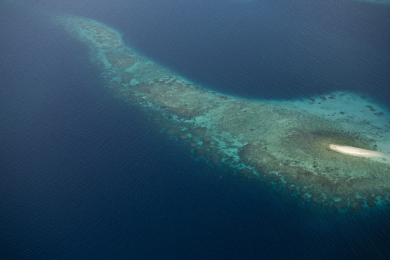Several United Nations agencies joined forces to contribute to the development of a new Strategy for Disaster and Climate Resilient Development in the Pacific (SRDP).
The United Nations Office for Disaster Risk Reduction (UNISDR) hosted an interactive engagement workshop on 20 January 2014 engaging expert representatives from UNDP, UNICEF, WHO and UN Women. This meeting was just one of several stakeholders meetings to develop a new strategy to succeed the current “Pacific Disaster Risk Reduction and Disaster Management Framework for Action” and “Pacific Islands Framework for Action on Climate Change”, both due to expire in 2015.
The new strategy will interlink the fields of disaster risk reduction with climate change, and it aims to create a better and more effective disaster management and to strengthen the resilience of 22 Pacific Islands and Territories. The strategy calls for reducing existing risks and preventing new risks. It emphasizes the disaster preparedness, response and recovery as well as the promotion of sustainable energy.

